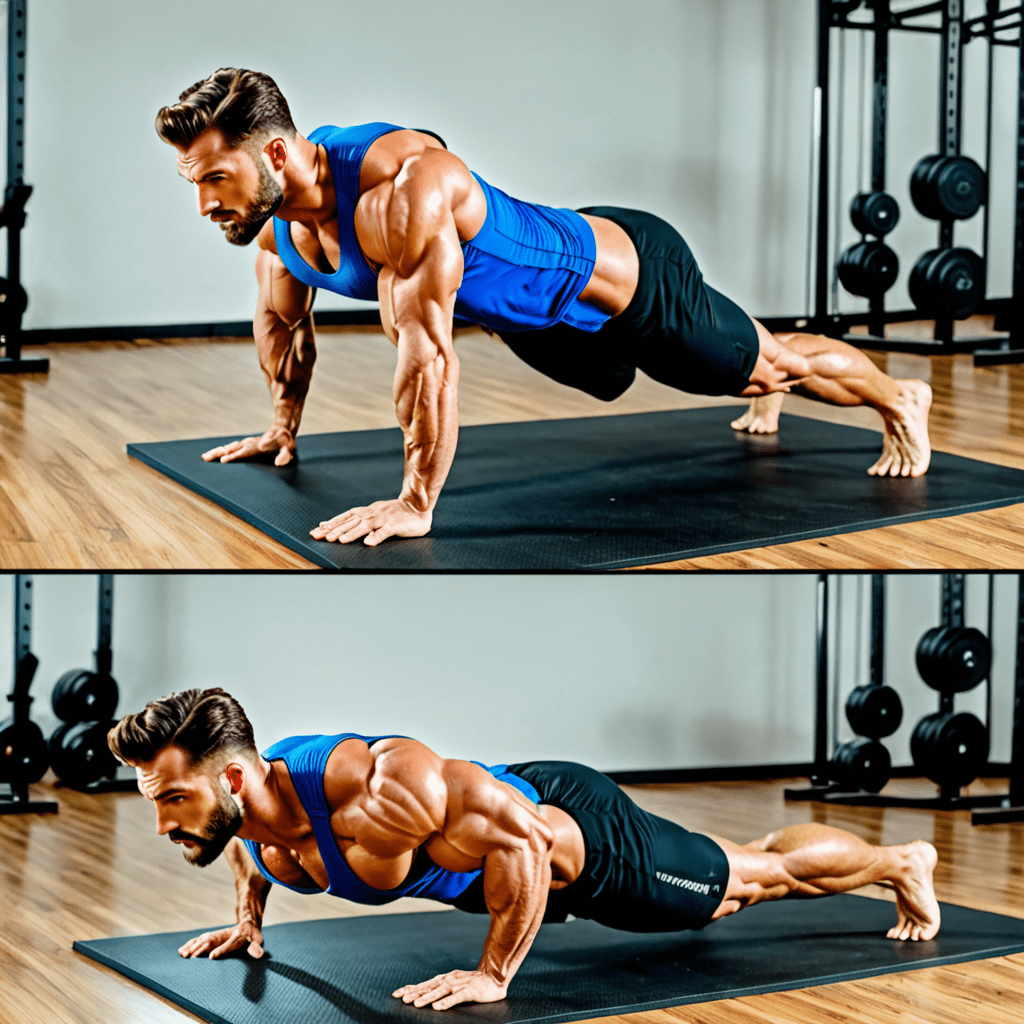
How Much Should a 14-Year-Old Squat?
As a 14-year-old, strength training can be a valuable addition to your fitness routine. Squats are a popular exercise for building lower body strength and increasing overall athleticism. However, it’s important to approach weightlifting with caution, especially at a young age. In this article, we will explore the recommended guidelines for how much a 14-year-old should squat and discuss factors to consider for a safe and effective workout routine.
The Importance of Proper Technique
Before discussing how much weight a 14-year-old should squat, it’s crucial to emphasize the importance of proper technique. Squats, like any exercise, should be performed with correct form to prevent injury and maximize results. A qualified strength and conditioning coach or a knowledgeable fitness professional can teach you the proper technique for performing squats safely and effectively.
Understanding Individual Differences
When determining how much weight a 14-year-old should squat, it’s essential to consider individual differences. Every child develops at their own pace and has unique physical abilities. Some may have greater lower body strength than others, while some may be more coordinated or have a background in athletics. It’s important to focus on individual progress and not compare yourself to others.
Recommended Guidelines for Squatting Weight
While there is no set weight that all 14-year-olds should squat, there are general guidelines that can serve as a starting point. It is recommended that beginners start with bodyweight squats to develop proper form and build a foundation of strength. As proficiency improves, gradually add weight in a progressive and controlled manner.
A guideline often used is to start with 50% of body weight as an initial load for squats. For example, if a 14-year-old weighs 120 pounds, they may begin with a 60-pound squat. It’s crucial to remember that this is just a general recommendation, and actual weights may vary based on individual circumstances.
Safety Considerations
While strength training can offer numerous benefits, it’s important to prioritize safety. Here are a few safety considerations for a 14-year-old engaging in squats:
- Supervision: Always perform squats under the supervision of a qualified professional, such as a strength and conditioning coach or a fitness instructor, who can ensure proper form and provide guidance.
Warm-up: Warm up your muscles with dynamic stretching and light cardio exercises before attempting squats. This helps prepare your body for the physical demands of the exercise.
Gradual Progression: Progress gradually by adding weight incrementally. This allows your body to adapt to the increasing demands and helps prevent injuries.
Listen to Your Body: Pay attention to any discomfort or pain during and after squats. If something feels off, it’s crucial to stop and seek guidance from a professional.
Frequently Asked Questions
Q: Can a 14-year-old squat heavy weights?
A: While it’s possible for some 14-year-olds to squat heavy weights, it’s important to prioritize safety. Beginners should start with bodyweight squats and gradually add weight as they become more proficient.
Q: Are squats the only exercise a 14-year-old should do for lower body strength?
A: While squats are an excellent exercise for lower body strength, it’s beneficial to incorporate a variety of exercises that target different muscle groups. Exercises like lunges, step-ups, and deadlifts can provide a well-rounded lower body workout.
Q: How often should a 14-year-old squat?
A: The frequency of squatting workouts will depend on individual circumstances and goals. Starting with 1-2 sessions per week and gradually increasing as proficiency improves is generally recommended.
Q: Should a 14-year-old use a weightlifting belt for squats?
A: It is generally not necessary for a 14-year-old to use a weightlifting belt for squats. Proper technique, gradual progression, and supervision are more important for maintaining safety and preventing injuries.
Q: Are there any age-specific risks or considerations for a 14-year-old squatting?
A: It’s important for a 14-year-old to prioritize proper technique, supervision, and gradual progression to avoid injury or strain on growing bones and joints. Consulting with a qualified professional can help address any age-specific concerns.
Conclusion
When it comes to squatting weight as a 14-year-old, there is no one-size-fits-all answer. It’s essential to prioritize technique, safety, and individual differences. Starting with bodyweight squats and progressing gradually under the guidance of a qualified professional will help ensure a safe and effective strength training routine. Remember, your overall fitness journey is a marathon, not a sprint, so embrace the process and enjoy the benefits that come with it.


